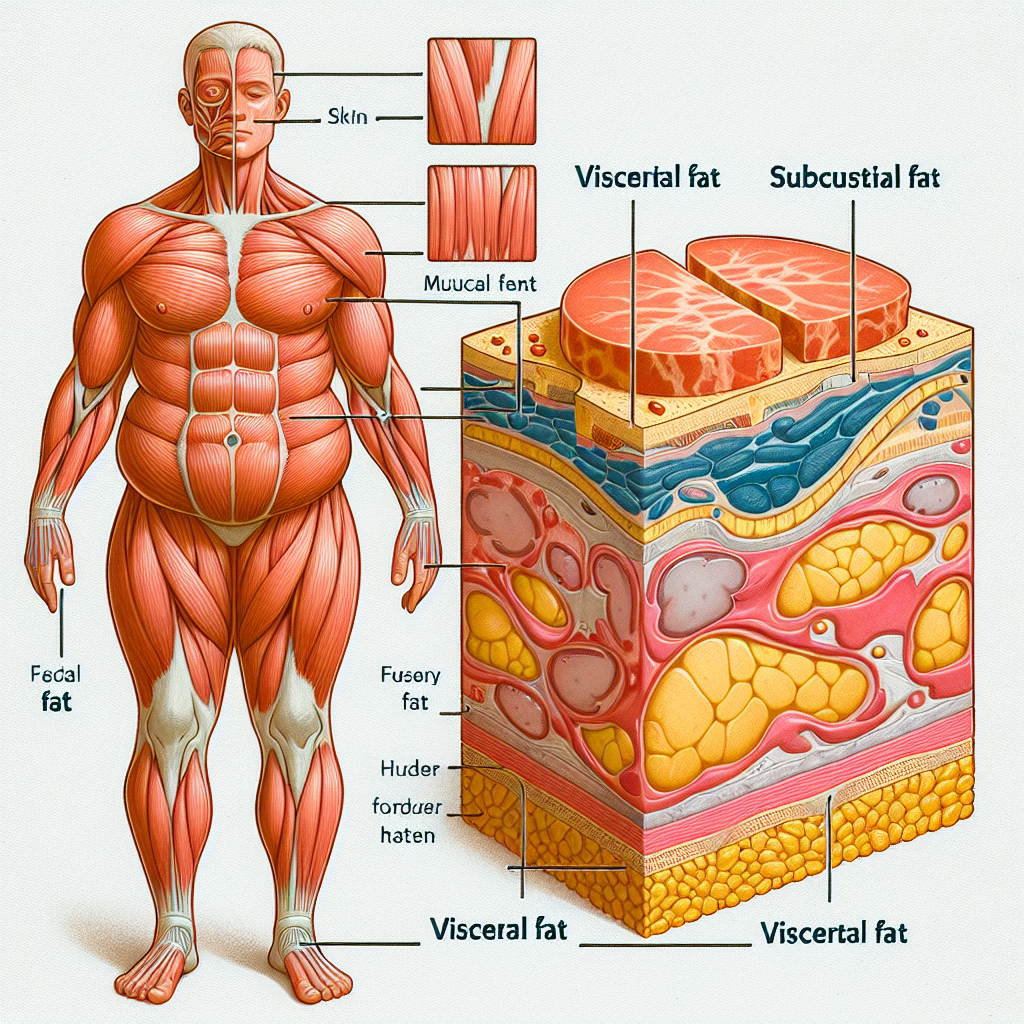Bone health is a crucial aspect of overall well-being, often overshadowed by more talked-about health concerns. However, the strength and density of our bones are vital for everyday activities and long-term mobility. One of the significant factors influencing bone health is body weight. This relationship is complex and multifaceted, contributing to both the risk of osteoporosis and the likelihood of fractures. In this comprehensive exploration, we will delve into the intricate interplay between body weight and bone density and provide actionable insights for maintaining robust skeletal health.
The Biomechanical Perspective
From a biomechanical standpoint, the bones in our body function as the framework that supports our entire structure. Weight-bearing exercises, which include activities where you move against gravity while staying upright, can stimulate bone formation and strength. This is because bones respond to the loads placed upon them, a phenomenon known as Wolff’s law. Essentially, the more weight that bones have to support, the stronger they potentially become. This is one reason why maintaining a healthy body weight is essential for bone health.
For more detailed insights on how fitness relates to bone health, visit Avix Health’s section on Fitness.
Metabolic Factors of Weight and Bone Health
Metabolically, body weight and bone density are connected through various hormones and nutrients that are influenced by body fat and muscle mass. For instance, adipose tissue secretes a hormone called leptin, which has been shown to influence bone metabolism. Additionally, larger body mass can lead to increased levels of insulin, which might have an anabolic effect on bones. Conversely, low body weight can lead to hormonal imbalances, like decreased estrogen levels, which are vital for bone maintenance, particularly in women.
To understand the role of nutrition in bone health, including the impact of nutritional deficiencies and the importance of dietary components such as calcium and vitamin D, you can explore additional resources at Avix Health.
The Paradox of Obesity and Bone Health
While it may seem intuitive that more body weight could mean stronger bones due to the increased load, the relationship is not that straightforward. Obesity can lead to a higher risk of fractures, particularly in the weight-bearing bones of the lower extremities. The type of fat also matters; visceral fat, the kind that accumulates around organs and is more metabolically active, has been linked to lower bone density. It is, therefore, essential to differentiate between muscle mass and fat when considering the influence of body weight on bone health.
For a closer look at the effects of chronic conditions on bone health, including obesity, refer to Avix Health’s article on the impact of chronic inflammation on bone health.
The Role of Body Weight in Osteoporosis
Osteoporosis is a condition characterized by weakened bones and an increased risk of fractures. While low body weight is a recognized risk factor for osteoporosis, recent studies suggest that obesity also plays a complex role in this bone disease. The excess weight may mask osteoporosis until a fracture occurs, as obese individuals may still have a higher absolute bone density despite potentially lower bone quality.
Understanding the multifaceted nature of osteoporosis can be furthered by reading about innovative therapies for osteoporosis management at Avix Health.
External Influences and Further Reading
To deepen your understanding of how body weight affects bone density, it’s beneficial to access niche resources. For instance, the International Osteoporosis Foundation offers in-depth information on the latest research regarding bone health and the influence of lifestyle factors, including body weight.
Another valuable resource is the National Institute of Arthritis and Musculoskeletal and Skin Diseases, which provides comprehensive educational material on how various health conditions, including weight management, impact bone density.
Furthermore, specialized articles in medical journals like The Journal of Clinical Endocrinology & Metabolism offer detailed studies on the endocrinological interactions between body weight and bone health, providing a more scientific perspective.
Strategies for Maintaining Healthy Bone Density
Given the connection between body weight and bone density, managing one’s weight through a balanced diet and regular exercise is crucial. Weight-bearing exercises, such as walking, jogging, and resistance training, are especially beneficial for bone health. Additionally, ensuring adequate intake of bone-building nutrients like calcium, vitamin D, and protein can make a significant impact.
For more comprehensive strategies tailored to specific needs, such as those with lactose intolerance or menopausal women, Avix Health provides targeted advice. Articles on bone health strategies for those with lactose intolerance and bone health in menopausal women offer valuable guidance.
In conclusion, body weight plays a significant role in determining bone density, but the relationship is complex and influenced by numerous factors. A nuanced understanding and strategic approach to weight management can help maintain and improve bone health. By leveraging the latest research and taking advantage of the resources available, individuals can take proactive steps to ensure their skeletal system remains strong and resilient throughout their lives.



